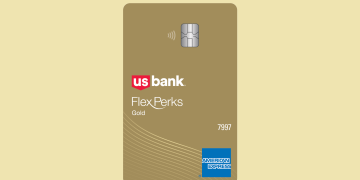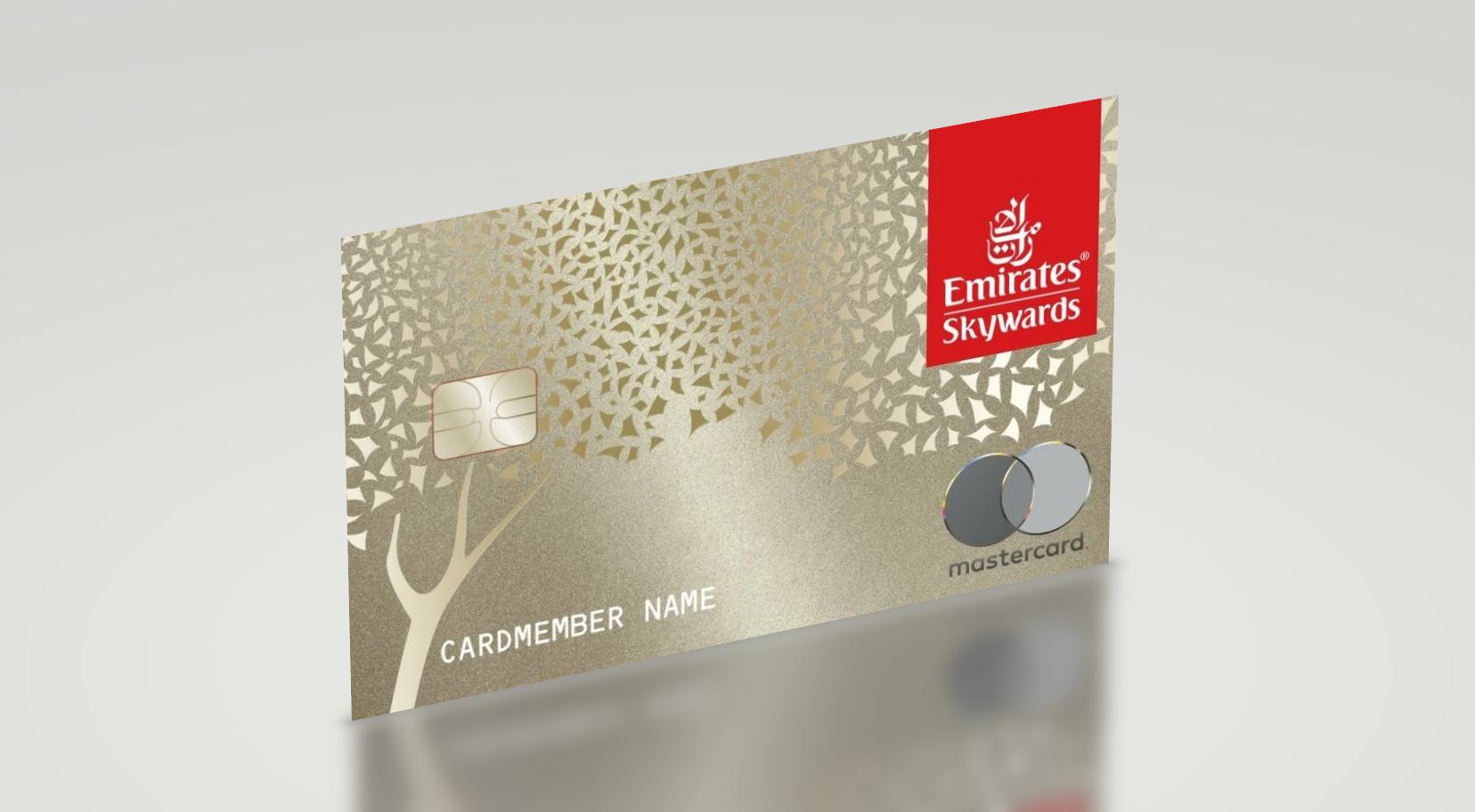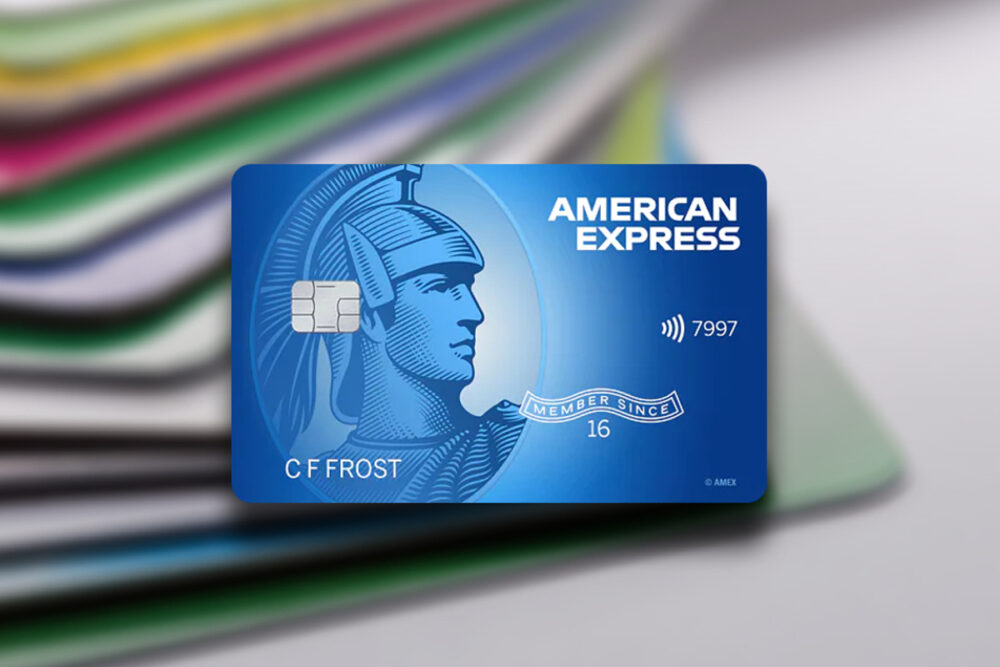The Pros and Cons of Using Credit Cards: What You Need to Know

Understanding Credit Cards
Credit cards have become an integral part of modern financial life in the United States. Understanding their advantages and disadvantages is essential for making informed financial decisions. This article will explore key aspects of credit card usage that every consumer should be aware of.
Using credit cards can offer significant benefits. First and foremost is their convenience. Credit cards are widely accepted, making them easy to use for both online and in-person transactions. For instance, when shopping online, consumers can quickly complete purchases without needing to enter banking details repeatedly. Furthermore, credit cards can be beneficial in emergencies, allowing immediate access to funds without needing to withdraw cash from an ATM.
Another compelling feature of credit cards is their rewards programs. Many credit cards offer enticing incentives, such as cash back on everyday purchases, travel rewards for flights or hotel stays, or points that can be redeemed for various goods and services. For example, a card offering 2% cash back on groceries can result in significant savings over time, particularly for families who have larger grocery budgets.
Moreover, responsible use of credit cards can substantially contribute to credit building. By consistently making payments on time and keeping credit utilization low (generally recommended to be below 30% of the credit limit), consumers can improve their credit scores. A higher credit score can lead to better borrowing terms, lower interest rates, and even enhanced chances of loan approvals in the future, further strengthening one’s financial standing.
However, it is crucial to recognize the potential drawbacks of credit card usage. One significant risk is debt accumulation. Overspending on credit can quickly lead to high-interest debt, which becomes difficult to manage. For instance, carrying a balance on a card with a 20% interest rate can result in escalating payments, making it harder to pay off the original amount spent.
Additionally, consumers must be aware of various fees. Late payments can incur penalties, and some credit cards come with annual fees, which can add to the overall cost of using the card. These fees, coupled with interest on unpaid balances, can diminish the perceived benefits of rewards and perks that originally attracted consumers to a card.
The impact on credit score is another critical consideration. While responsible credit card use can enhance credit profiles, mismanagement—such as making late payments or maxing out cards—can lead to a significant drop in credit scores. This can hinder future borrowing capabilities and result in higher interest rates on loans.
In summary, understanding the pros and cons of credit card usage is vital for maintaining financial health. By weighing the advantages, such as convenience and rewards, against the potential pitfalls like debt and fees, consumers can make more informed choices about their credit card usage. As you delve deeper into this topic, keep in mind the various factors that can influence your experience with credit cards, including the types of cards available and your personal spending habits.
DON’T MISS OUT: Click here to unlock your path to financial independence
Benefits of Credit Card Usage
Credit cards present a range of benefits that can greatly enhance an individual’s financial experience. Understanding these advantages allows consumers to leverage them effectively while managing their personal finances.
One of the foremost benefits is the convenience that credit cards provide. They enable consumers to make purchases quickly and securely without needing to carry large sums of cash. This convenience extends beyond in-store transactions, as many online retailers accept credit cards, making e-commerce shopping seamless. For instance, during holiday sales or special discount events, credit cards facilitate quick transactions, enabling consumers to take advantage of deals before they sell out.
Moreover, credit cards often come with robust rewards programs, which incentivize consumer spending. There are various types of rewards that credit card issuers offer, including:
- Cash Back: A percentage of the spending is returned to the cardholder, typically on specific categories like groceries or gas.
- Travel Rewards: Points earned can be redeemed for airline tickets, hotel stays, or car rentals, making them appealing for frequent travelers.
- Points Redemption: Many cards allow consumers to accumulate points that can be exchanged for merchandise, gift cards, or experiences.
When used strategically, these rewards programs can lead to substantial savings and additional perks for responsible spenders.
Another key aspect of credit card usage is the potential for financial flexibility. In unforeseen situations where cash flow is tight, credit cards can provide a necessary buffer. This can be particularly useful in emergencies, such as a car breakdown or medical expense, allowing consumers to avoid immediate financial strain. Additionally, many credit cards offer introductory 0% APR periods, making it easier to finance larger purchases without incurring interest during that time frame.
Importantly, responsible credit card management can enhance one’s credit profile. Regularly using a credit card and making timely payments can demonstrate creditworthiness to potential lenders. This can have lasting benefits, including lower interest rates on future loans and better chances of being approved for mortgages or other significant credit inquiries. An improved credit score can translate to considerable savings over time, particularly when taking on larger loans, such as a home mortgage.
In summary, credit cards offer numerous advantages, including unparalleled convenience, attractive rewards programs, financial flexibility, and opportunities for credit enhancement. However, it is equally important to approach credit card usage with caution and awareness of potential pitfalls. As consumers delve deeper into understanding credit cards, considering these benefits will empower them to make informed decisions that align with their financial goals.
DIVE DEEPER: Click here to learn how financial psychology influences your choices
Drawbacks of Credit Card Usage
While credit cards offer numerous advantages, it is essential to recognize that they come with certain drawbacks that can impact one’s financial health if not managed prudently. Awareness of these potential pitfalls is crucial for responsible credit management.
One of the primary concerns associated with credit card usage is the risk of accumulating debt. Credit cards allow consumers to spend beyond their immediate means, which can lead to overspending and the inability to repay balances in full. According to a 2022 report from the Federal Reserve, U.S. households carrying credit card debt averaged around $5,500, a figure that can quickly spiral out of control if the high-interest rates on unpaid balances are not managed effectively. This debt can become a significant financial burden, with interest rates often reaching upwards of 20% or more, exacerbating the issue.
Additionally, with the convenience of credit cards comes the temptation to engage in impulse buying. The ease of swiping a card can lead consumers to make unplanned purchases, often resulting in regret once the credit card statement arrives. This behavior can detract from saving goals or essential expenditures, particularly when consumers fail to track their spending habits. Data from the National Foundation for Credit Counseling shows that many Americans struggle with budgeting, which increases the likelihood of accruing credit card debt.
Another significant drawback of credit card usage is the potential impact on credit scores. While responsible usage can enhance one’s credit profile, negative behaviors—such as late payments or maxing out credit limits—can severely damage creditworthiness. Payment history constitutes 35% of a FICO score, meaning that even a single late payment can have lasting effects on an individual’s credit score. A lower credit score can result in higher lending rates for future loans, impacting major financial decisions such as mortgage applications.
Fees and Charges
Credit cards are often associated with various fees and charges that can further complicate finances. Common fees include annual fees, late payment fees, and foreign transaction fees, which can vary widely between card issuers and types. For example, premium rewards cards may charge annual fees upwards of $500, making the rewards insignificant if users do not spend enough to balance the cost. Understanding and reviewing the fee structure is essential for consumers to avoid unnecessary charges that can diminish the benefits of credit card usage.
Moreover, using credit cards for non-essential purchases can lead to a false sense of security. Consumers may feel financially stable due to the available credit, leading to reckless spending without considering repayment capabilities. This can create a cycle of reliance on credit that becomes difficult to break, especially in a society that increasingly emphasizes instant gratification over prudent financial planning.
In summary, while credit cards can provide convenience and various benefits, they also possess inherent risks that must be acknowledged. From the potential for debt accumulation to the fees that may arise, responsible usage is vital to mitigate these challenges. By maintaining awareness of the drawbacks of credit cards, consumers can make informed financial decisions that safeguard their economic well-being.
DISCOVER: Click here to learn how to apply effortlessly
Final Thoughts on Credit Card Usage
In conclusion, understanding the pros and cons of using credit cards is essential for anyone looking to navigate their financial landscape effectively. Credit cards can offer unparalleled convenience, benefits such as rewards programs, and the opportunity to build a solid credit history when used responsibly. They serve as valuable financial tools when managed correctly, allowing consumers to make purchases without immediate financial strain and providing important safety nets for emergencies.
However, it is crucial to remain vigilant regarding the potential drawbacks that accompany credit card usage. The risk of accumulating debt can lead to severe financial consequences, particularly given the high-interest rates associated with unpaid balances. Furthermore, the prevalence of impulse purchasing and the various fees linked to credit cards can erode the perceived benefits, making oversight and discipline imperative. It is essential for consumers to develop sound budgeting practices, remain aware of their credit card habits, and assess the long-term implications of their credit usage.
As individuals weigh the advantages and disadvantages of credit cards, they should approach their financial decisions with a clear understanding of their personal circumstances and thresholds of risk. By doing so, they can leverage the benefits of credit cards while minimizing the potential for negative impacts on their financial health. Ultimately, responsible credit management can lead to enhanced financial stability and a robust credit profile, positioning consumers for future financial success.









